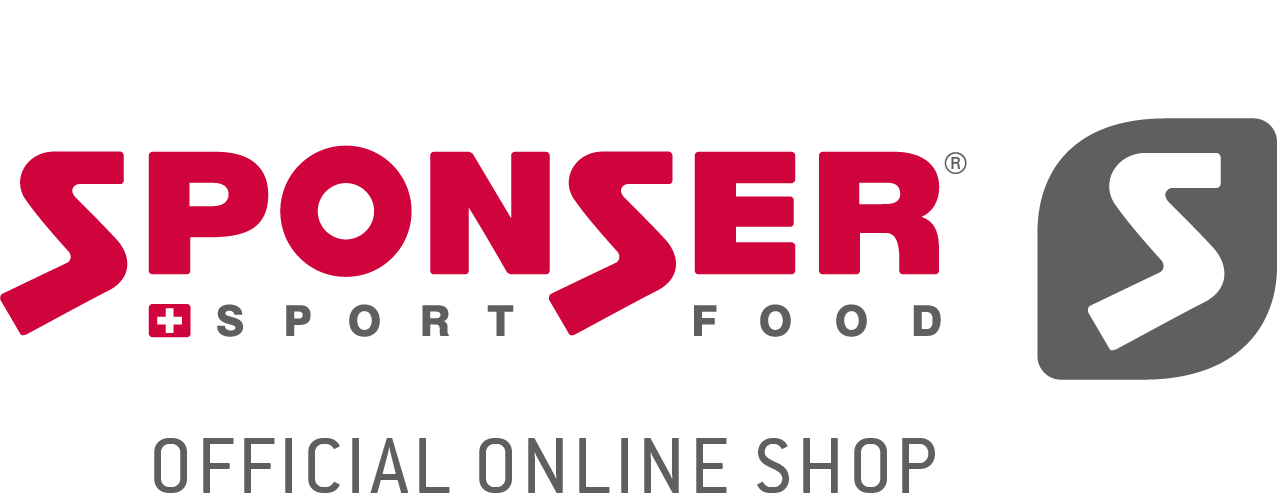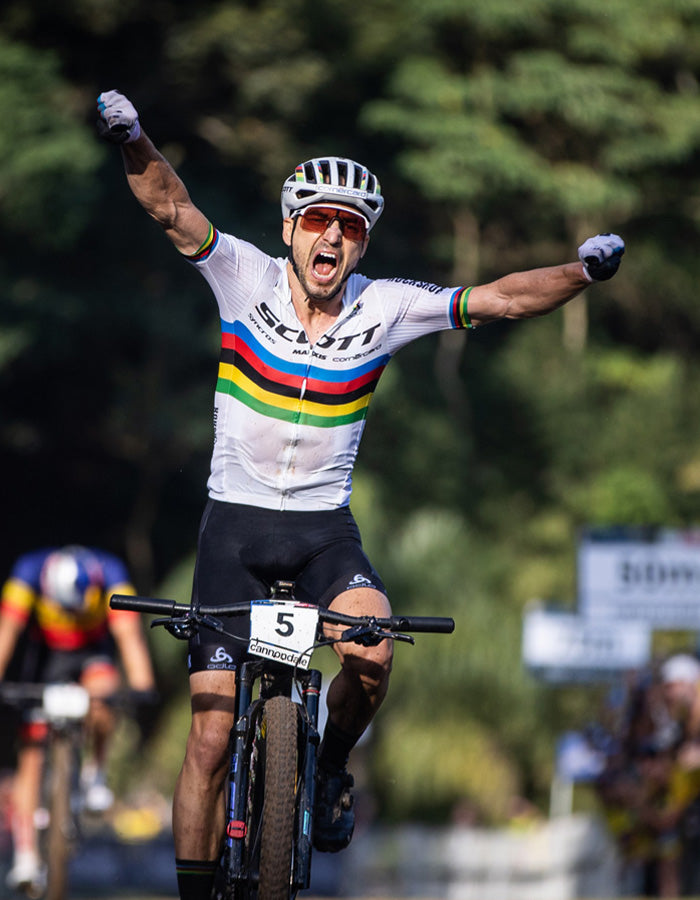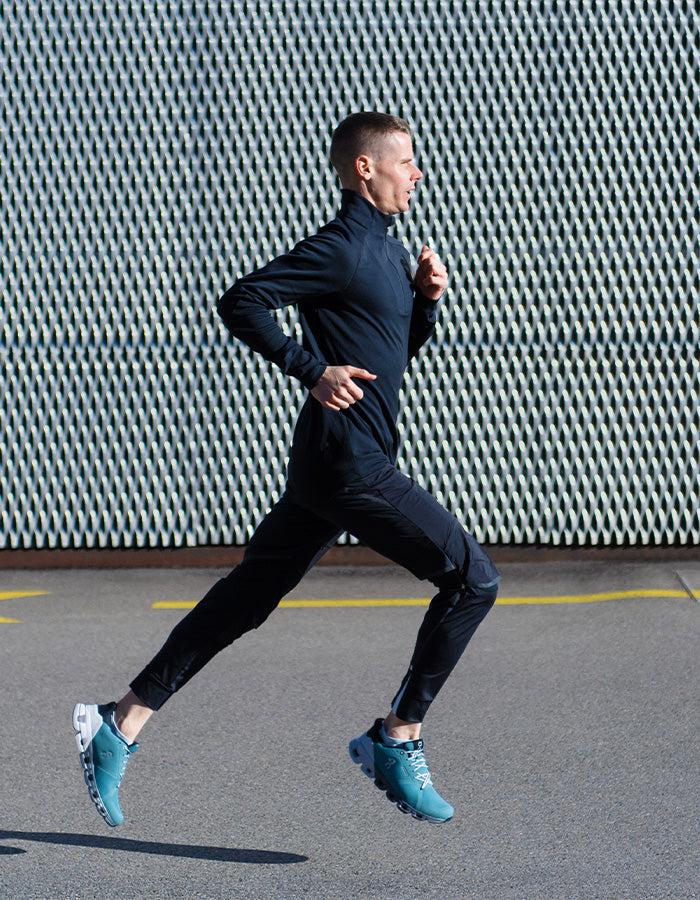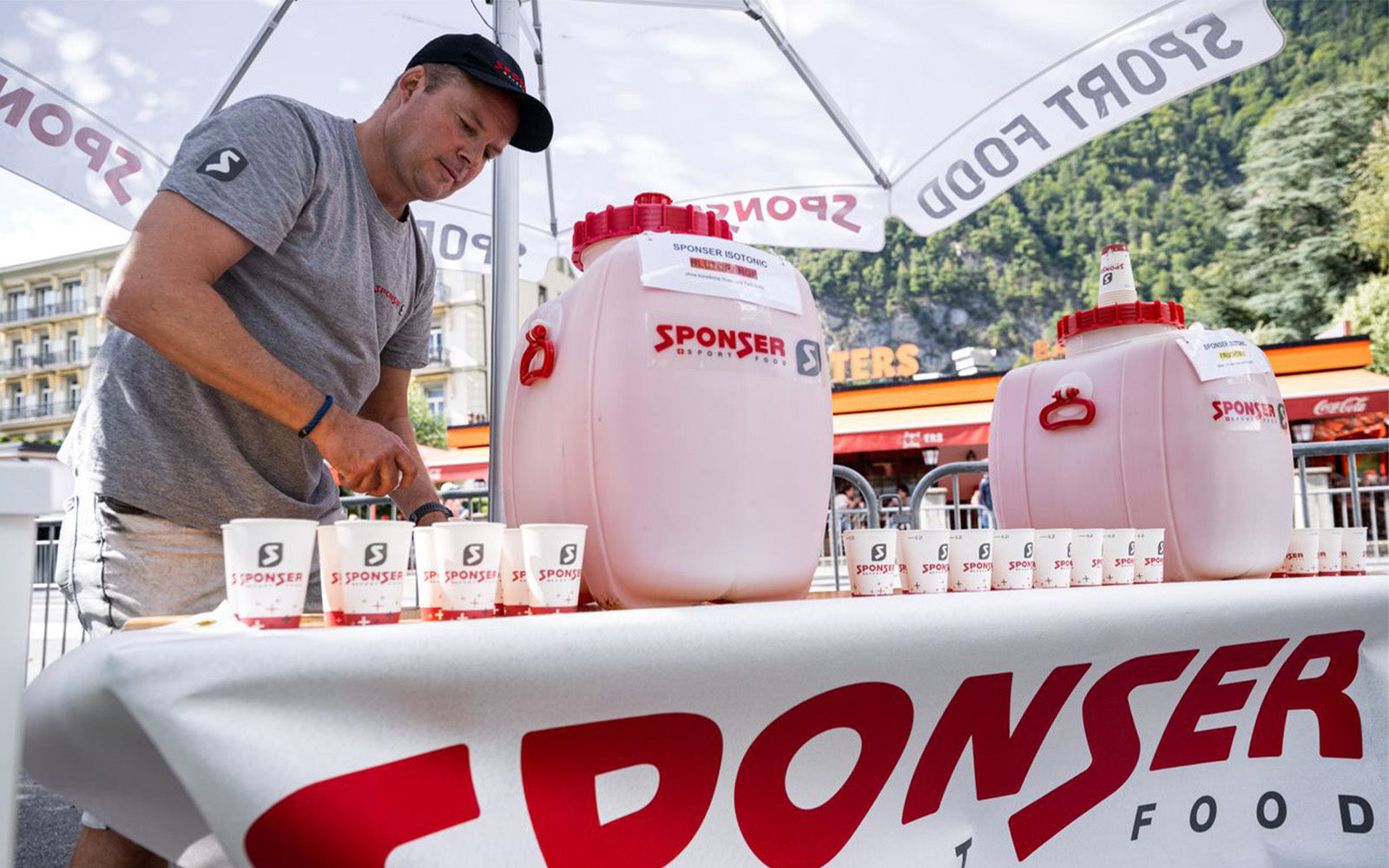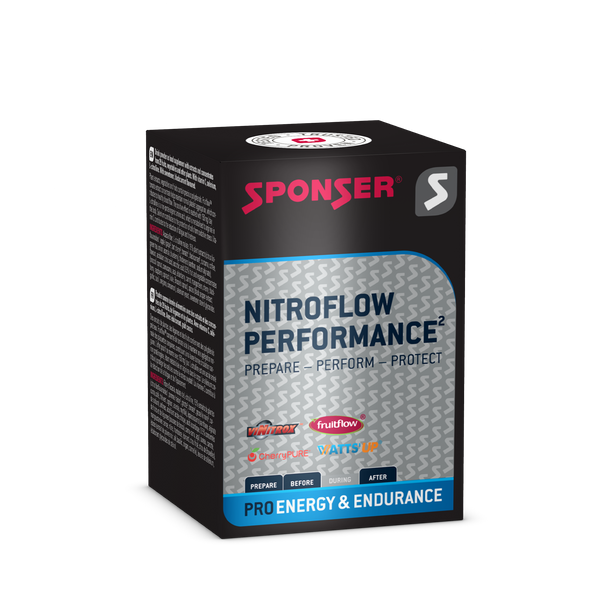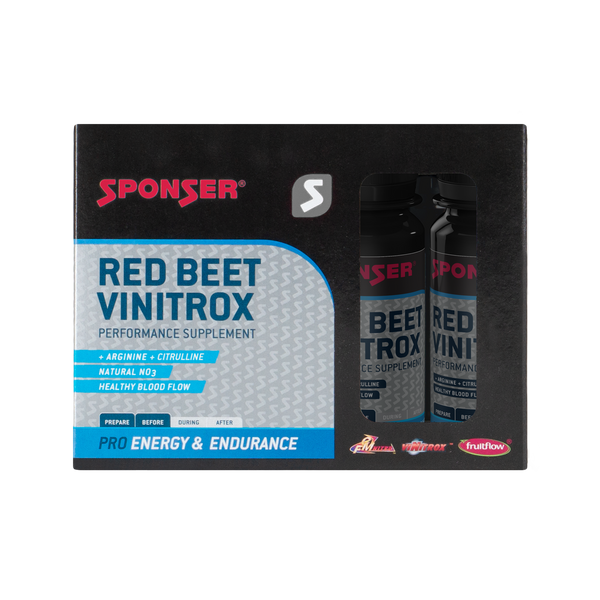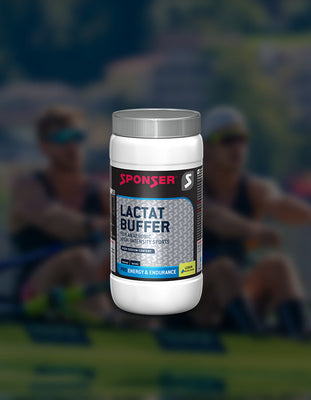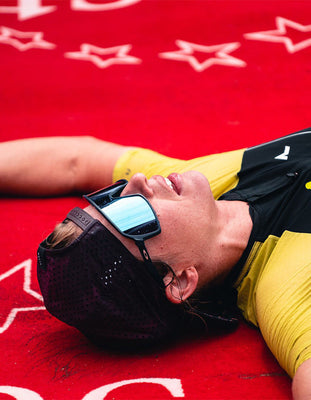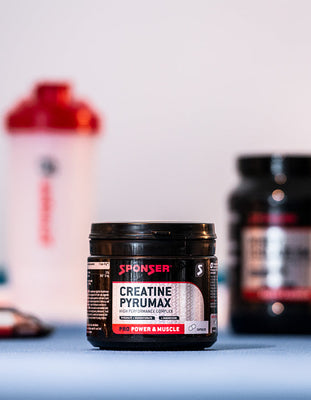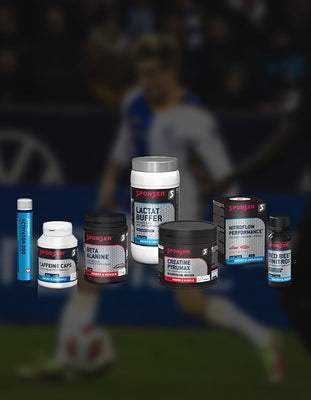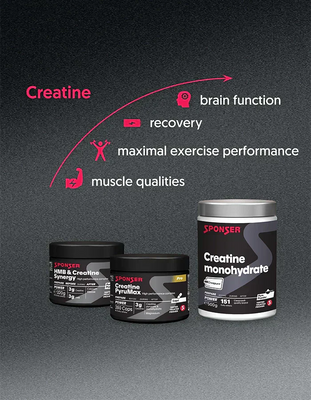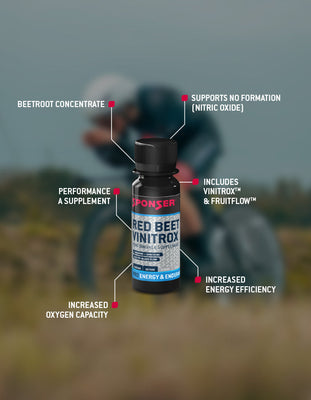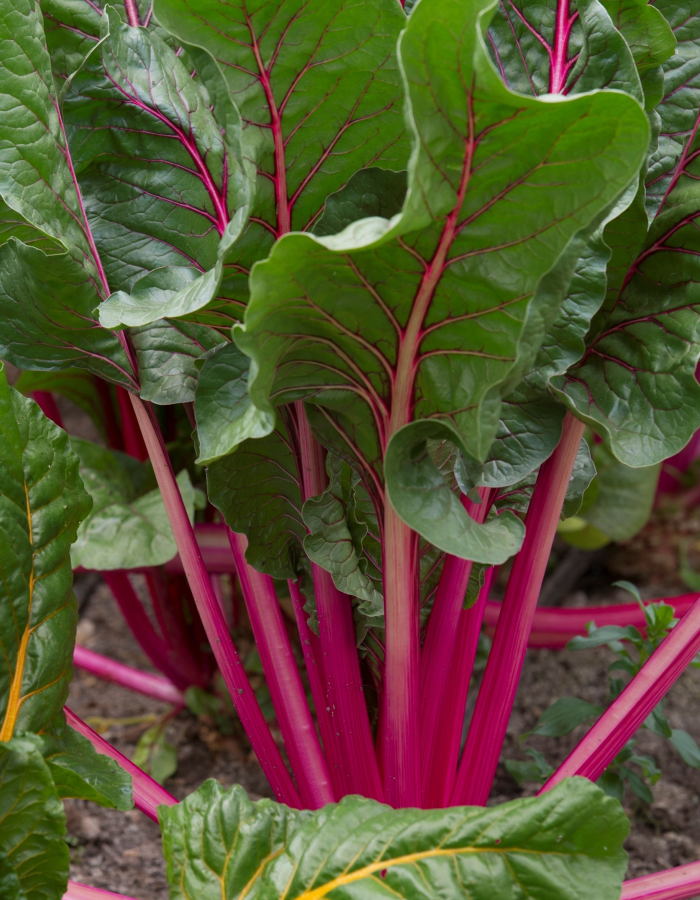
Photo credit: Haraldschmidt/Pixabay
Effectiveness of nitric oxide scientifically confirmed
Nitric oxide (NO) is a volatile, gaseous signal molecule, produced within the body. An increased NO formation causes a blood vessel dilatation (vasodilation, vasorelaxation), resulting in improved blood flow and enhanced microcirculation. An easing of tension in blood vessels is linked with enhanced vessel diameter, yielding an increased blood circulation. It is therefore not surprising that many athletes have looked at vasodilators to embellish their performance by improving blood flow and concomitant oxygen supply. And there is scientific evidence in support, indeed.
Studies prove the positive effect
The powerful performance increase by enhancing NO formation in the body has been shown for endurance as well as for high-intensity running bouts (1). The intake of 500 ml nitrate-rich beetroot juice (corresponding to 694 mg NO3-) during 6 days increased nitrate values in the blood from day 4 on and reduced at the same time systolic blood pressure significantly (124 vs. 132 mmHg, p<0.01). The exercise-induced gain of oxygen demand of the lungs was reduced by 19% during moderate exercise (p<0.05). Meaning that with less oxygen the same performance could be maintained, or in conclusion, with the same amount of oxygen a higher performance was achieved. This outcome is accounted for the vasodilative effect of the formed NO in the body and the concomitant improved microcirculation and oxygen supply. On day 6 of that very study a time-to-exhaustion trial at a fixed severe work rate was performed, too. The time to task failure was extended by a massive 16% from 9 min 43 sec to 11 min 15 sec (p<0.05) on average!
Follow-up studies confirmed these performance improvements with supplemental beetroot (2-7). These results suggest that NO induces an increased work load tolerance during endurance as well as during high-intensity anaerobic, lactic acid forming, sports! The potential performance benefits are also recognized by renowned institutions such as the Australian Institute of Sport, which ranges beetroot as an A-supplement.
Supplements to maximize NO synthesis
Maximising NO synthesis with several, also synergistically working mechanisms, in combination with the maintenance of normal blood flow, offers a unique dietetic performance and recovery support for ambitious athletes. SPONSER has two products in this area of functional supplements.
RED BEET VINITROX is a ready-to-drink flask with beetroot concentrate, providing 400 mg of naturally contained nitrate (NO3-), corresponding to approximately the content in 500 ml fresh juice. Besides NO3- as precursor and substrate of NO formation, the product provides also several other ingredients to facilitate NO synthesis: ViNitrox, CFM Nitro, the two amino acids L-arginine and L-ornithine, as well as the patented tomato extract Fruitflow in the needed dosage to maintain smooth blood flow and inhibit excessive blood platelet aggregation.
Use instructions: Minimally, take 1 flask about 3 hours pre-start, ideally another flask the evening or 6 hours before, depending on your starting time. In some studies intake was even advised during 4-6 days pre-race.
NITROFLOW PERFORMANCE is intentionally formulated without nitrate as a NO precursor. In contrast, it comprises a very innovative combination of multiple and various polyphenol-rich plant extracts, such as Montmorency tart cherry and New Zealand blackcurrant, both of which already several times clinically tested and proven on athletes. The incorporated plant extracts provide the body with precious polyphenols, whose antioxidative function protects cells during exercise, increases mitochondrial efficiency (fatty acid oxidation), and activate NO synthesis. The formulation is completed with L-citrulline and Fruitflow.
Use instructions: 1 sachet daily during about 5 days, about 3 h pre-start, and optimally 1 to 2 days after race.
Combination of both products
In praxis, both products can be combined for maximal efficacy. However, if gastrointestinal problems occur with the concentrated beetroot juice, the ingestion of RED BEET VINITROX at 3 hours pre-start should be omitted. Instead, try to take 2 times 1 flask on the pre-race day. Obviously, in strength sports the acute intake makes most sense for both products, prior to resistance exercise. This corresponds usually in several times' intake during a week. As outlined in the whole article the products should not be taken permanently, but purposefully prior to competitions or during intense and wasting training weeks. This proceeding will support your performance as well as recovery, without affecting training-induced stress adaptations of the body.
Further scientific details on this topic
» Mechanisms of Nitric Oxide (NO) Formation Targeting Maximised Athletic Performance (PDF)
Related articles
on » blood flow
on » performance optimisation
on » science
Literature
1) Bailey et al. (2009): Dietary nitrate supplementation reduces the O2 cost of low-intensity exercise and enhances tolerance to high-intensity exercise in humans. J Appl Physiol (1985) . 2009 Oct;107(4):1144-55.
2) Lansley et al. (2011): Dietary nitrate supplementation reduces the O2 cost of walking and running. Appl Physiol (1985) . 2011 Mar;110(3):591-600.
3) Cermak et al. (2012): Nitrate supplementation’s improvement of 10-km time-trial performance in trained cyclists. Int J Sport Nutr Exerc Metab . 2012 Feb;22(1):64-71.
4) Fulford et al. (2013): Influence of dietary nitrate supplementation on human skeletal muscle metabolism and force production during maximum voluntary contractions. Pflugers Arch - Eur J Physiol 465, 517–528 (2013).
5) Wylie et al. (2013): Dietary nitrate supplementation improves team sport-specific intense interemittent exercise performance. ur J Appl Physiol . 2013 Jul;113(7):1673-84.
6) Muggeridge et al. (2013): A single dose of beetroot juice enhances cycling performance in simulated altitude. Med Sci Sports Exerc . 2014 Jan;46(1):143-50.
7) Haider et al. (2014): Nitrate supplementation enhances the contractile properties of human skeletal muscle. ed Sci Sports Exerc . 2014 Dec;46(12):2234-43.
Author: Remo Jutzeler
Head R&D SPONSER SPORT FOOD
Ing. Applied Food Sciences UAS
MAS Nutrition & Health ETHZ
